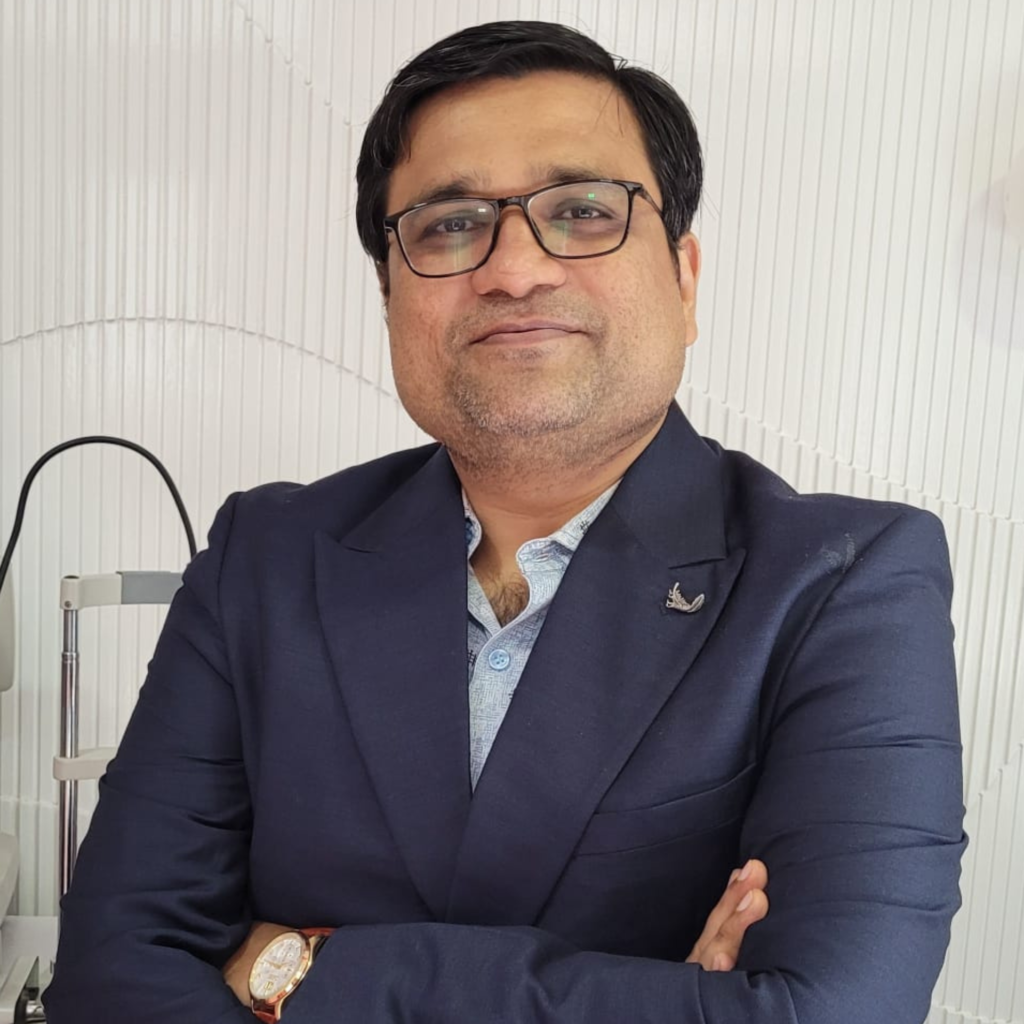- Home
- About Us
- Doctors
- Specialties
- Bariatric Surgery
- Bone Marrow Transplant
- Cancer
- Cardiology
- Cardiovascular And Thoracic Surgery
- Critical Care Medicine
- Dental Surgery
- Dermatology & Cosmetology
- Diabetic Foot Care
- Ear, Nose & Throat
- Endocrinology
- Fetal Medicines
- Gastroenterology
- General Medicine
- General Surgery
- HPB & Gastrointestinal Surgery
- Interventional Radiology
- IVF
- Kidney Transplant
- Laparoscopic Surgery
- Liver Transplant
- Medical And Hemato Oncology
- Neurology
- Neuro & Spine Surgery
- Nephrology And Dialysis
- Nuclear Medicine
- Orthopedic
- Ophthalmology
- Obstetrics And Gynecology
- Pathology Laboratory
- Pediatric
- Peripheral Vascular And Endovascular Surgery
- Physiotherapy and Rehabilitation
- Plastic Reconstruction
- Plastic & Cosmetic Surgery
- Pulmonary Medicine
- Radiation Oncology
- Radiology
- Robotic Surgery
- Surgical Oncology
- Urology
- Facilities
- Patient Area
- Testimonials
- Media
- Contact Us
Thyroid Cancer
Screen, Discover, Prevail: Shine a Light on Your Path Beyond Thyroid Cancer
Welcome to Universal Hospital’s Thyroid Cancer Care, where we are dedicated to providing expert and compassionate care for individuals affected by thyroid cancer. Thyroid cancer is a type of cancer that forms in the cells of the thyroid gland, which is located in the front of the neck.
What is Thyroid Cancer?
Thyroid cancer is a type of cancer that originates in the thyroid gland, a butterfly-shaped gland located at the base of the neck. The thyroid produces hormones that regulate metabolism. Thyroid cancer is relatively uncommon compared to other types of cancer but is often treatable, particularly when diagnosed at an early stage.
Types of Thyroid Cancer:
- Papillary Thyroid Cancer: The most common type, accounting for the majority of cases. It often grows slowly and has a good prognosis.
- Follicular Thyroid Cancer: This type is more aggressive than papillary thyroid cancer but is still generally treatable.
- Medullary Thyroid Cancer: Originating in the C cells of the thyroid, this type is less common and may be associated with genetic syndromes.
- Anaplastic Thyroid Cancer: The most aggressive type, but it is rare. It tends to grow and spread quickly.
- Thyroid Lymphoma: A rare type of thyroid cancer that originates in the lymphocytes.

Risk Factors:
- Gender: Thyroid cancer is more common in women than in men.
- Age: The risk increases with age, with most cases diagnosed between 30 and 60.
- Radiation Exposure: Previous exposure to radiation, especially during childhood, increases the risk.
- Family History: A family history of thyroid cancer may elevate the risk.
- Genetic Conditions: Certain inherited genetic conditions, such as familial medullary thyroid cancer (FMTC) or multiple endocrine neoplasia (MEN).
Symptoms:
The symptoms of thyroid cancer can vary, but common signs may include:
- Lump or Nodule: A palpable lump or nodule in the thyroid gland.
- Swelling: Swelling in the neck, sometimes causing difficulty swallowing or breathing.
- Hoarseness: Changes in the voice, such as persistent hoarseness.
- Pain: Pain in the neck or throat.

Staging:
Thyroid cancer is staged based on the extent of its spread, ranging from Stage I (localized) to Stage IV (advanced and metastatic).
- Stage I:
- The cancer is confined to the thyroid.
- Stage II:
- The cancer has spread outside the thyroid but is still within the neck.
- Stage III:
- The cancer has spread beyond the thyroid and neck, possibly invading nearby structures.
- Stage IV:
- The cancer has spread to distant organs or lymph nodes.
Diagnosis:
- Physical Examination: A healthcare professional examines the neck for lumps, swelling, or other abnormalities.
- Ultrasound: Imaging tests, such as ultrasound, help visualize the thyroid and detect nodules.
- Fine Needle Aspiration (FNA) Biopsy: Removal of a small tissue sample for laboratory examination to confirm cancer.
- Blood Tests: Measurement of thyroid hormone levels and tumor markers.
Treatment:
Treatment depends on the type and stage of thyroid cancer and may include:
- Thyroidectomy: Surgical removal of part or all of the thyroid gland.
- Radioactive Iodine Therapy: Used for some types of thyroid cancer to destroy remaining thyroid tissue.
- External Beam Radiation Therapy: High-dose X-rays to target and destroy cancer cells.
- Thyroid Hormone Replacement: Medication to replace thyroid hormones after surgery.
- Targeted Therapy: Medications targeting specific molecules involved in cancer growth.
Prevention:
There are no specific preventive measures for thyroid cancer, but regular self-examination and prompt reporting of any abnormalities can aid in early detection.
Prognosis:
The prognosis for thyroid cancer is generally favorable, especially for papillary and follicular types. Early detection and appropriate treatment contribute to positive outcomes.
Screening:
Routine screening for thyroid cancer in the general population is not common. Diagnosis is often prompted by the presence of symptoms, a physical examination, or imaging tests.
Why Choose Universal Hospital for Thyroid Cancer Care:
- Expert Endocrine Oncology Team: Our Thyroid Cancer Care Center is staffed by a team of experienced endocrinologists, surgeons, oncologists, and supportive care professionals with specialized knowledge in the diagnosis and treatment of thyroid cancer.
- Cutting-Edge Treatments: Universal Hospital offers state-of-the-art treatments, including surgery, radioactive iodine therapy, targeted therapy, and participation in clinical trials, ensuring patients have access to the latest advancements in thyroid cancer care.
- Holistic Patient Care: We prioritize individualized care plans that consider not only the medical aspects of thyroid cancer but also the emotional and practical needs of our patients, providing support and resources beyond the treatment room.





